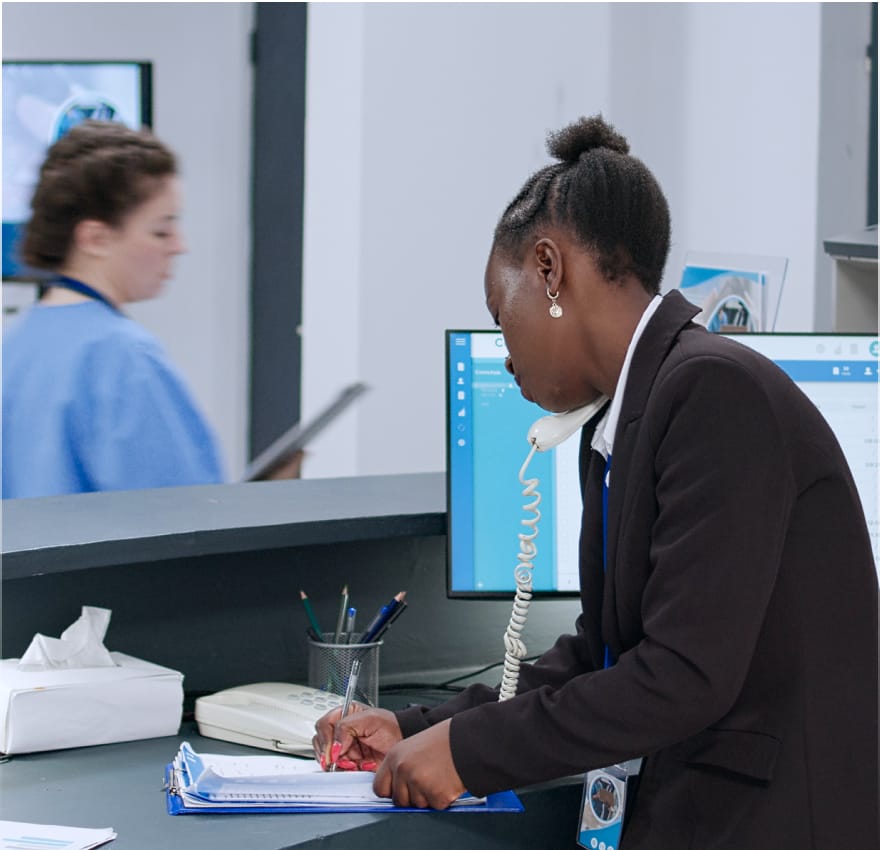
Boundaryless Healthcare
Boundaryless Healthcare is an integrated care delivery model that enables you to connect previously disconnected care settings by leveraging our Healthcare Operations Cloud platform to ensure your patients have access to the care they need, when and where they need it.

A true market ecosystem
As healthcare evolves from independent facilities to healthcare systems, Boundaryless Healthcare is the digital front door that helps provide the visibility and data needed to scale across disparate health information systems and EMRs.
reduction in lost bed time
occupancy without adding more beds
increase in transfer volumes
On-demand data
Move beyond traditional bed and capacity management to address every facet of healthcare. Our scalable platform meets you where you are – from the largest health systems in the world, to the individual hospital or clinic. The Healthcare Operations Cloud complements the capabilities of your existing EMR to help you visualize your operations, workflows, and capacity through operational interoperability.

Operational efficiency
Through shared, real-time analytics, we help inform and visualize data-driven process optimization, enabling you to improve load balancing, increase market share, and enhance quality of care without overburdening your staff.

Virtual operations
With Boundaryless Healthcare acting as your all-digital platform front door, you can take care directly to the patient – easily managing patients treated outside your health system.

Accelerated access
By standardizing admission requests from all providers, our patient flow and patient access solutions help you better meet the needs of every patient quickly and accurately across the entire care continuum.
Creating a healthcare ecosystem
We connect previously disconnected care settings to optimize access to care, streamline care delivery, and connect transitions of care throughout every step of the patient’s journey.
Making care more efficient
Learn how TeleTracking’s Boundaryless Healthcare delivery model can help ensure your patients have access to the care they need, when and where they need it.

Get
in touch.
Discover how we can help you connect and coordinate with healthcare facilities beyond your four walls. Bring us your questions and we’ll find a solution that meets your needs.
"*" indicates required fields